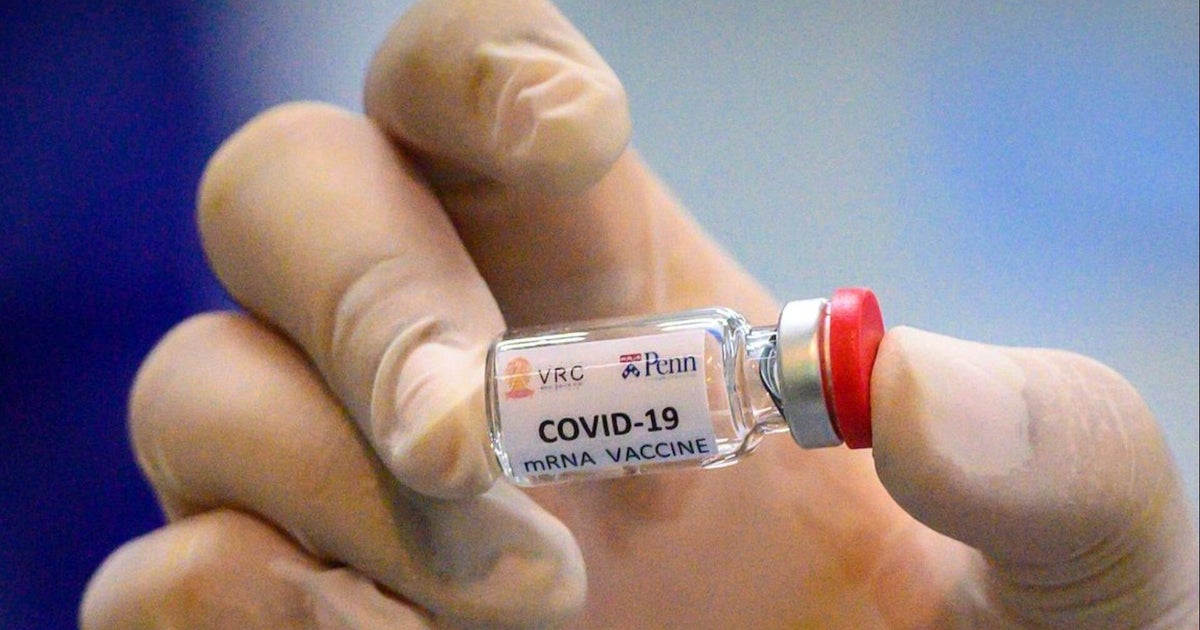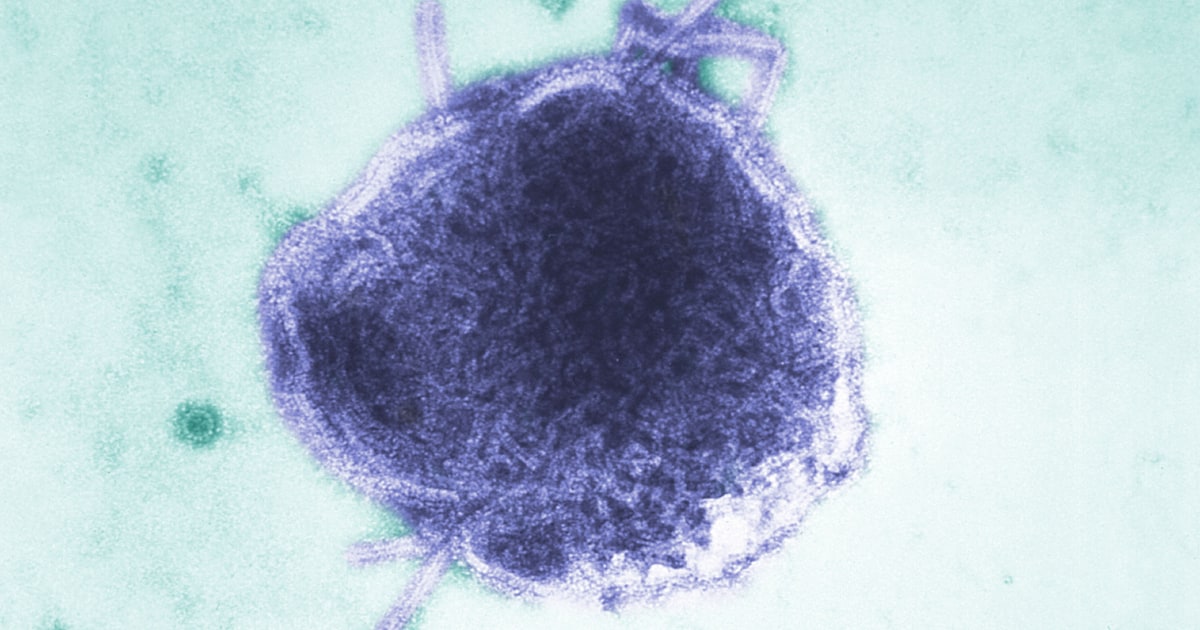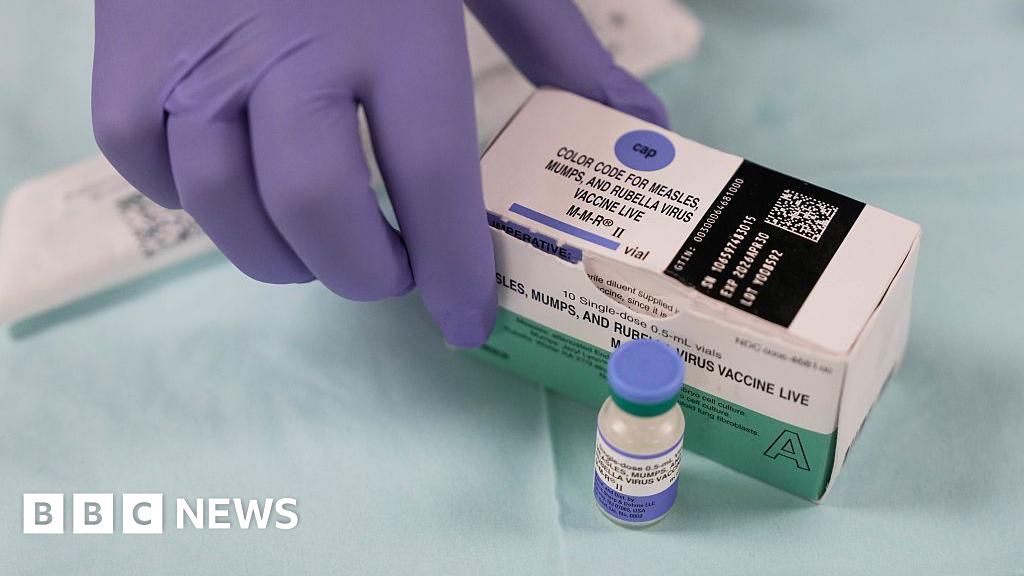The Struggle to Get Vaccinated

Introduction
The FDA has recently narrowed the criteria for COVID shots, but many people are still struggling to get vaccinated. With the rise of new variants and the potential for breakthrough infections, people are eager to get their shot to protect their health and that of their at-risk family members. However, the process is not always easy. Some are turned down at the pharmacy, while others have to jump through hoops to schedule an appointment. This has caused frustration and confusion for many who are trying to do their part in stopping the spread of the virus.
Challenges and Limitations
Despite the FDA's efforts to make the vaccine more accessible, there are still challenges and limitations in the process. For example, some pharmacies may only have a limited supply of vaccines, resulting in long wait times or being turned away. This can be especially difficult for individuals with underlying health conditions or those who are immunocompromised. Additionally, the eligibility criteria may vary from state to state, causing confusion and frustration for those who are trying to get vaccinated. As a result, many people are left feeling helpless and worried about their health and the health of their loved ones.
The Importance of Getting Vaccinated
Despite the challenges, it is crucial for individuals to continue to try and get their COVID shot. Not only does it protect them from potential illness, but it also helps protect vulnerable family members and
About the Organizations Mentioned
FDA
## Overview The **U.S. Food and Drug Administration (FDA)** is a federal agency within the Department of Health and Human Services responsible for protecting public health by ensuring the safety, efficacy, and security of a wide range of products, including human and veterinary drugs, biologics, medical devices, food, cosmetics, and products that emit radiation[1][2][3]. Its mission is to advance public health by helping to speed innovations that make medical products safer, more effective, and more affordable, while providing the public with accurate, science-based information about these products[1]. ## Functions and Regulatory Scope The FDA’s regulatory authority is expansive. It oversees the approval, manufacturing, marketing, and distribution of prescription and over-the-counter drugs, vaccines, blood products, medical devices (from simple tongue depressors to complex pacemakers), dietary supplements, most foods (except some meat, poultry, and egg products regulated by the USDA), cosmetics, and tobacco products[1][2][5]. The agency also regulates electronic products that emit radiation, such as X-ray machines and microwave ovens[2][5]. Importantly, the FDA does not regulate the practice of medicine, medical services, product pricing, or health insurance reimbursement[2]. The FDA achieves its goals through a combination of **premarket reviews**, **post-market surveillance**, **facility inspections**, **enforcement actions**, and **public education**[3][4]. It maintains several adverse event reporting systems—such as MedWatch and VAERS—to monitor product safety after they reach the market[4]. The agency also plays a key role in the nation’s counterterrorism efforts by ensuring food supply security and fostering the development of medical countermeasures[1]. ## History and Key Achievements Established in 1906 with the passage of the Pure Food and Drugs Act, the FDA’s origins trace back to efforts to combat adulterated and misbranded food and drugs. Its regulatory powers expanded significantly with the
















